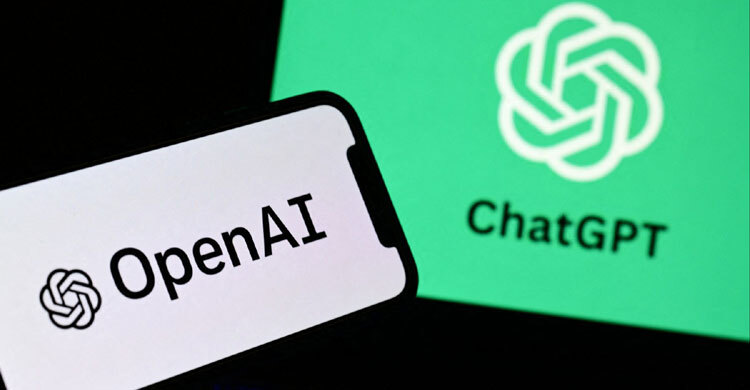The plaintiffs argue that the content used to train ChatGPT reflects significant investment in terms of time, effort, and financial resources from their journalists, editors, and staff. The lawsuit alleges that OpenAI bypassed proper channels to access this information, stating, “Rather than acquiring the content legally, OpenAI has chosen to exploit the media companies’ intellectual property for its own commercial benefit without permission.”
This legal action adds to a growing list of copyright disputes involving OpenAI. Similar lawsuits have been brought forward by organizations like The New York Times and creators, including YouTube influencers and authors such as Sarah Silverman.
Although OpenAI has entered licensing agreements with publishers like The Associated Press and Le Monde, the Canadian news companies assert they have received no compensation for their content.
In response, an OpenAI spokesperson emphasized that ChatGPT serves “hundreds of millions of people worldwide” by enhancing creativity, solving problems, and improving daily life. The spokesperson also noted that the AI models rely on publicly available data and are built on principles of fair use that balance innovation and creators’ rights.
OpenAI further highlighted its collaboration with publishers, offering options for attribution, content linking, and opt-out mechanisms.
This lawsuit coincides with a recent study from Columbia University’s Tow Center for Digital Journalism, which revealed that ChatGPT frequently misrepresented content from publishers, regardless of their relationship with OpenAI.
The Canadian news companies are seeking monetary damages and aim to prevent OpenAI from further using their work without proper authorization, marking another significant challenge for the AI company amid ongoing debates about AI and intellectual property.

